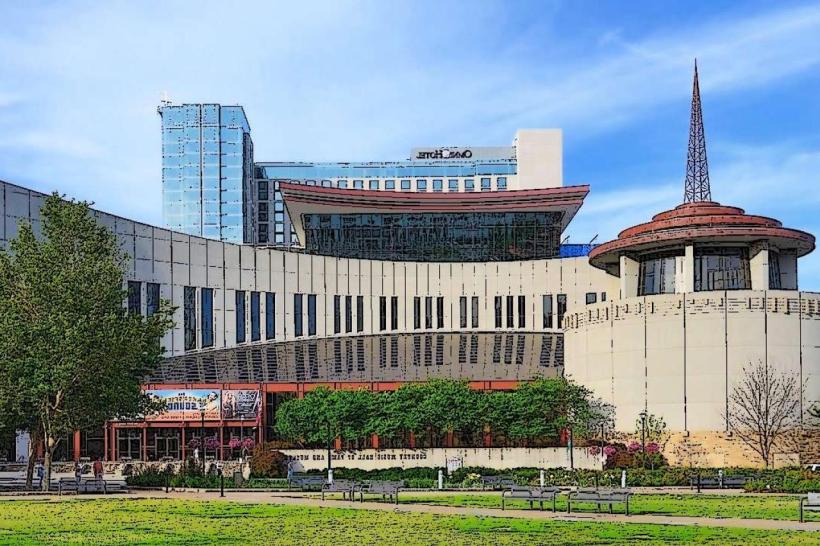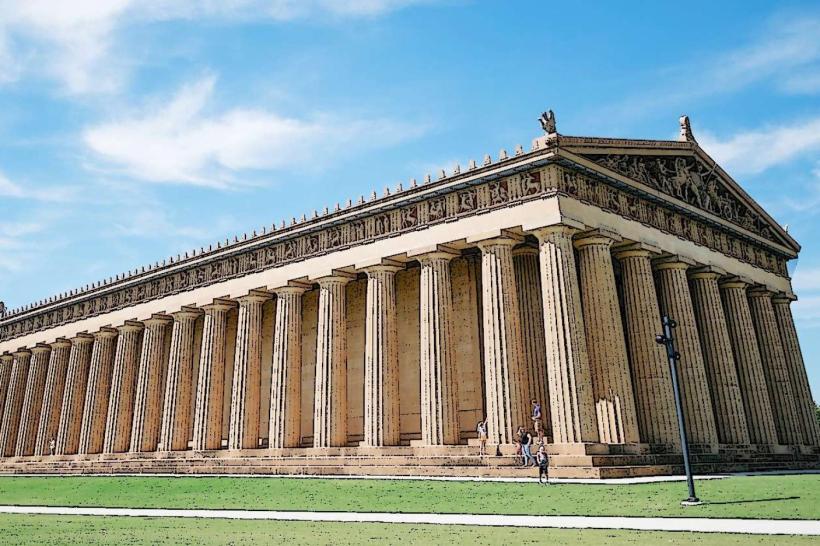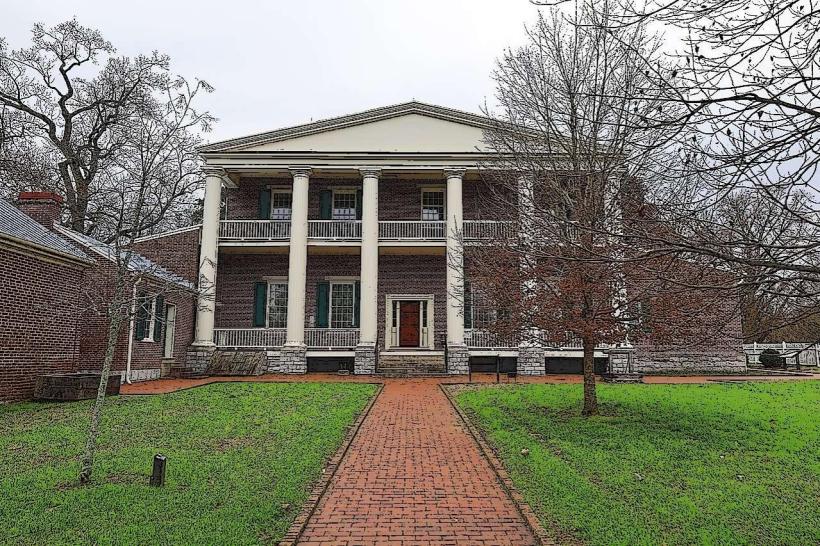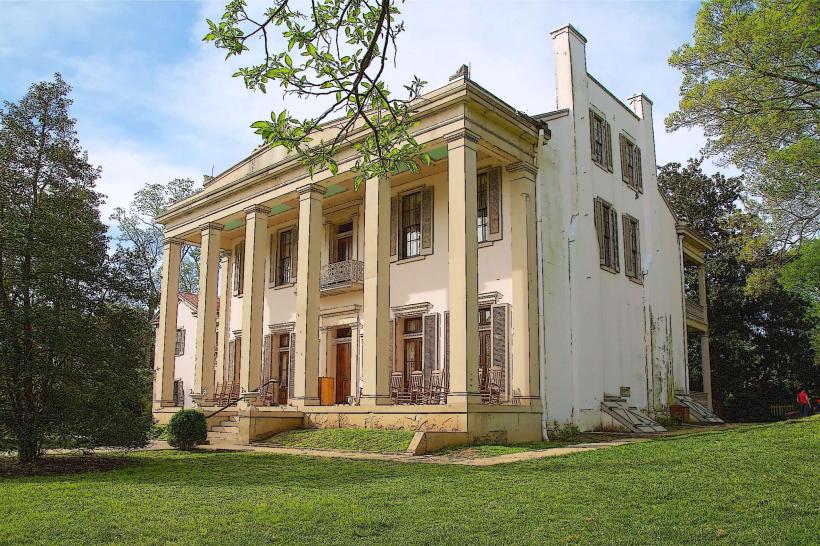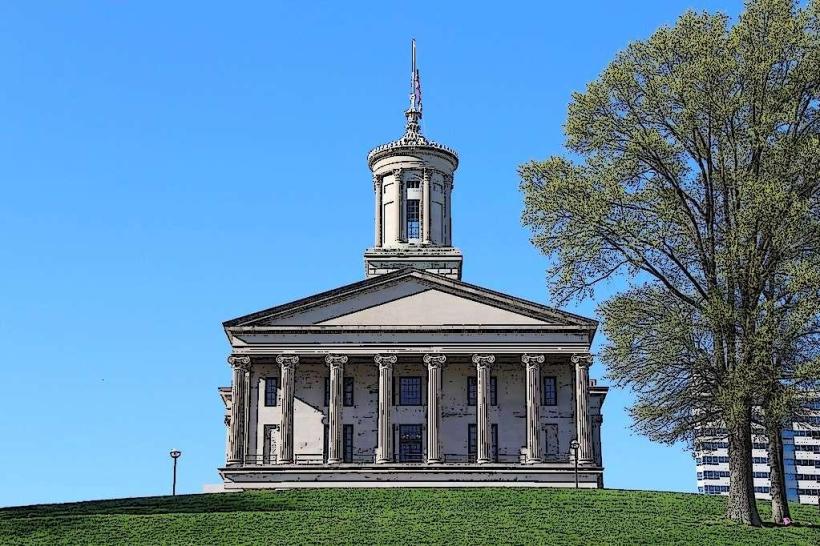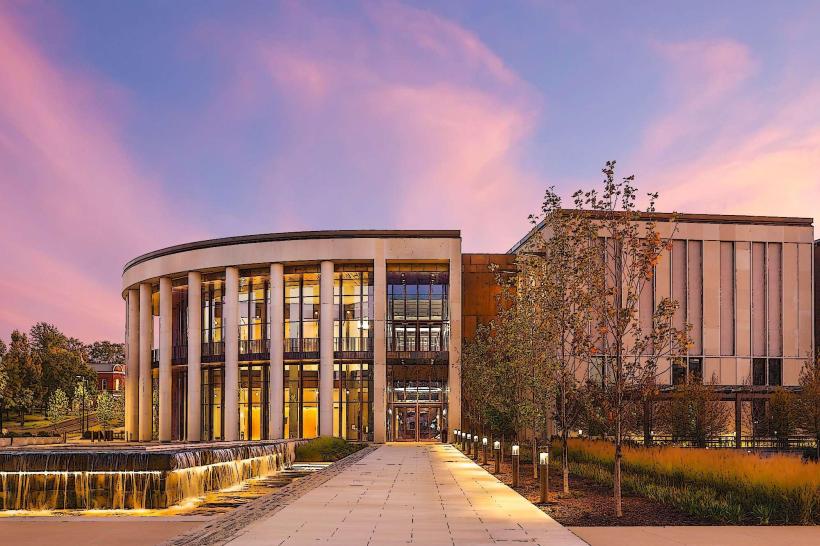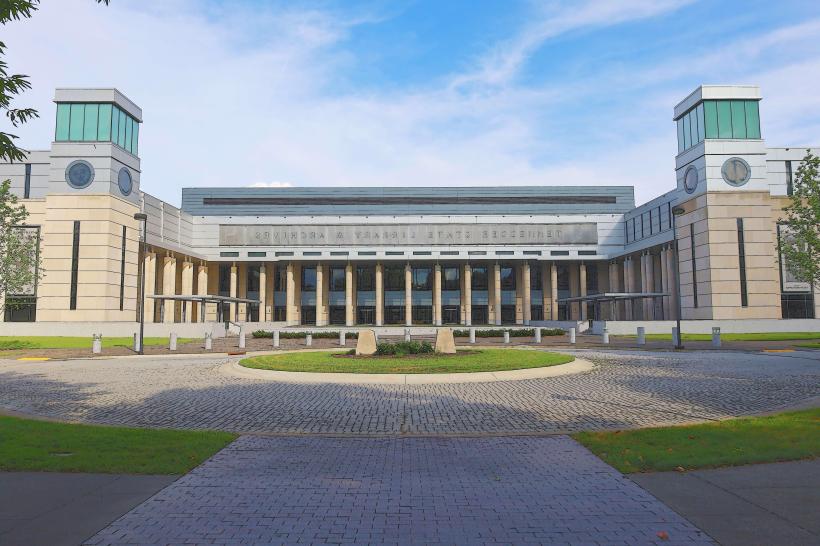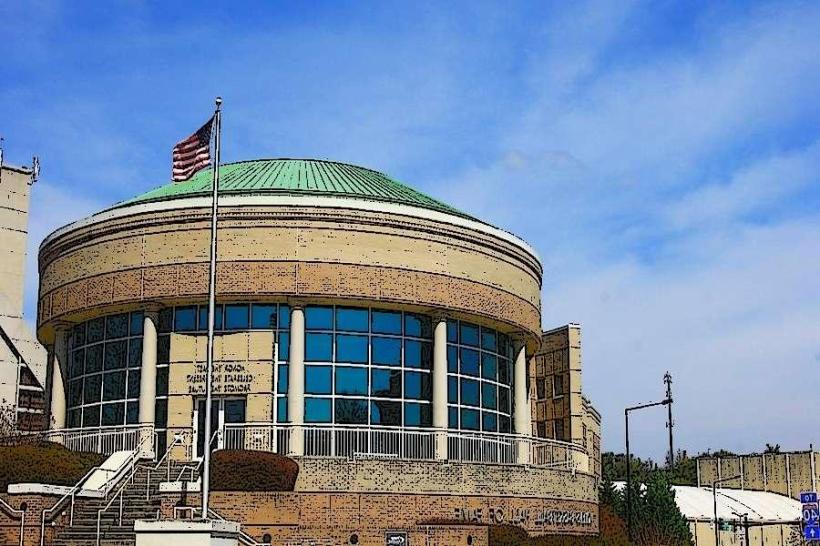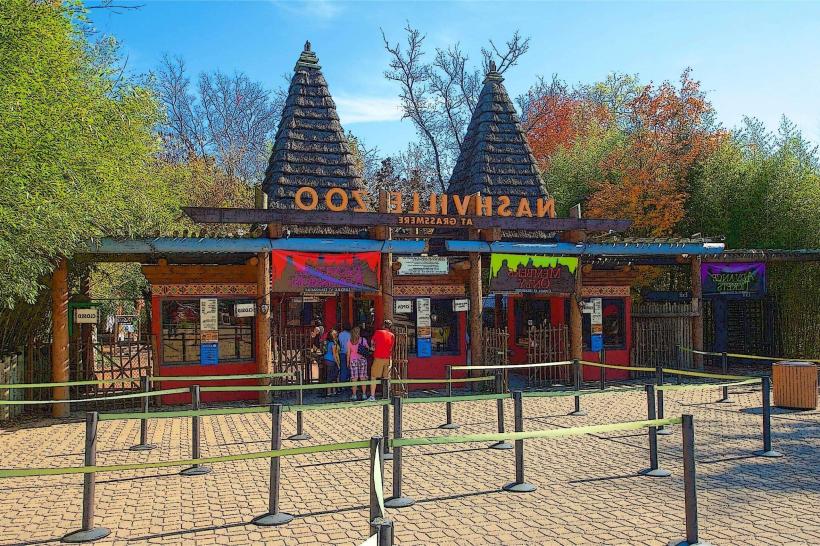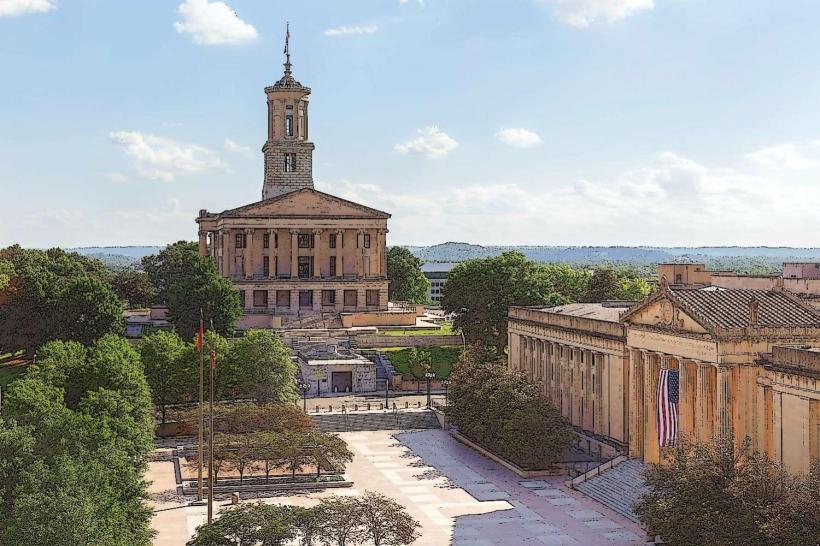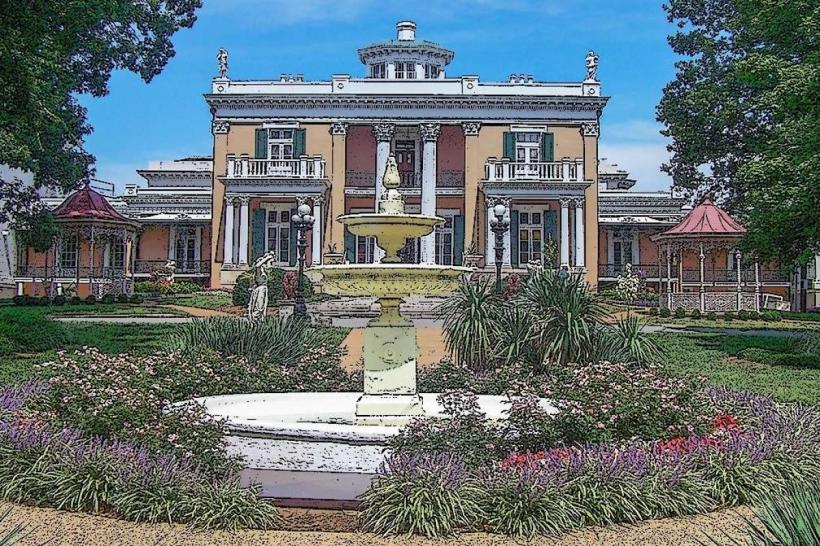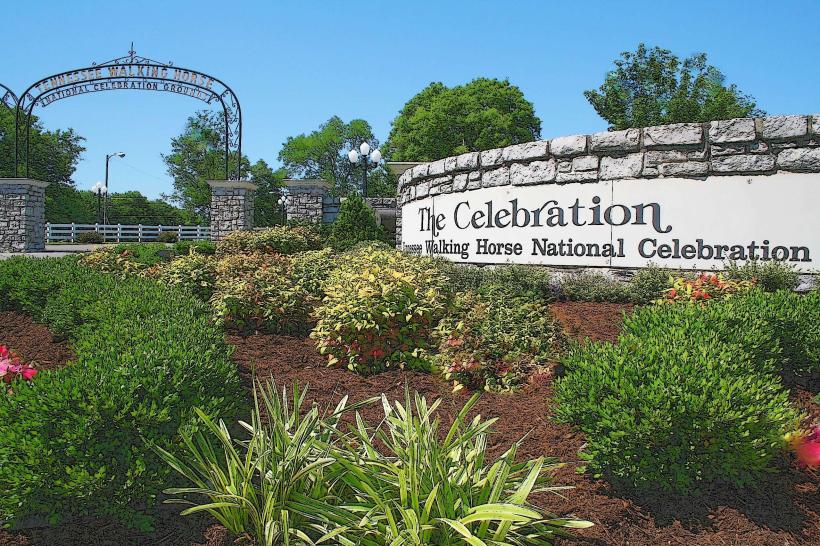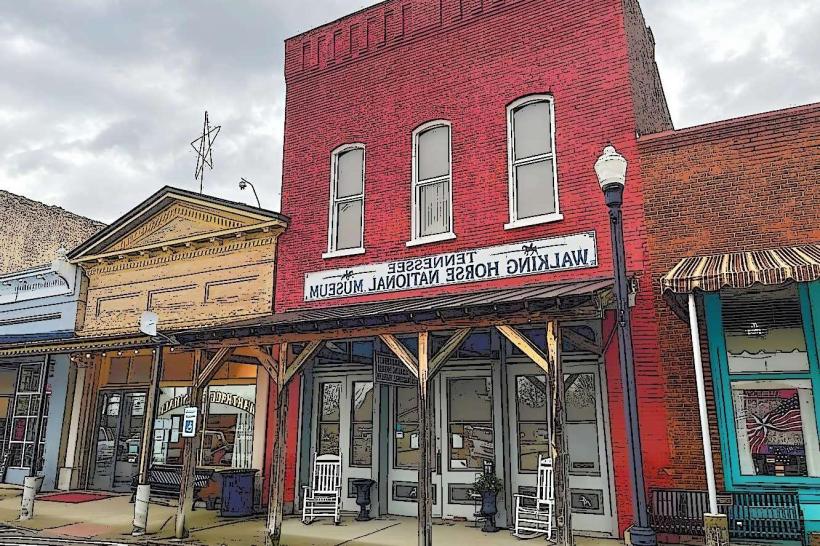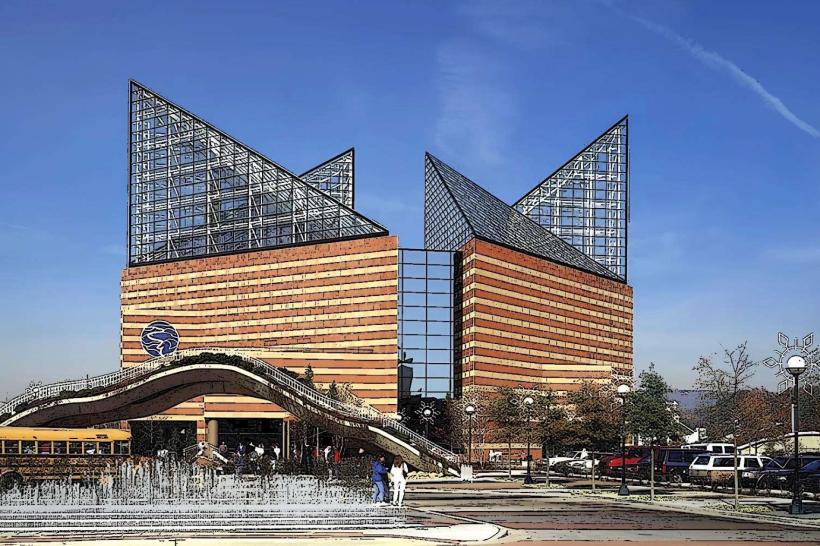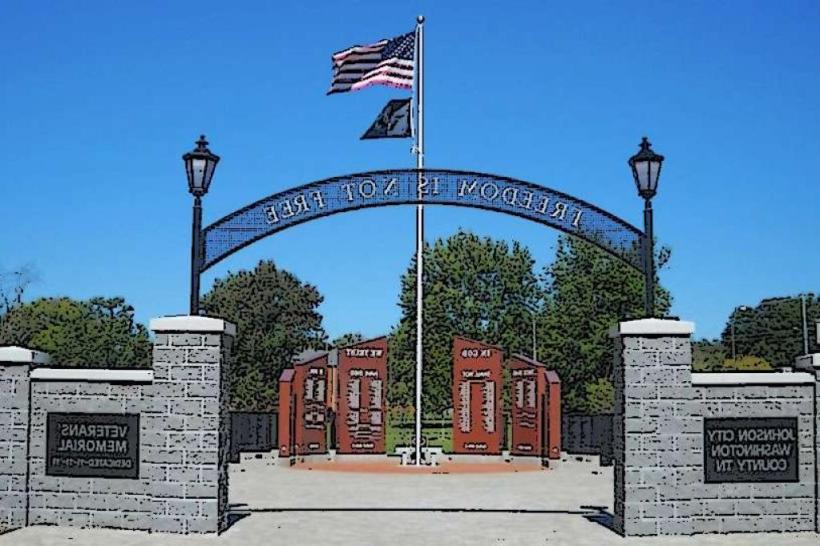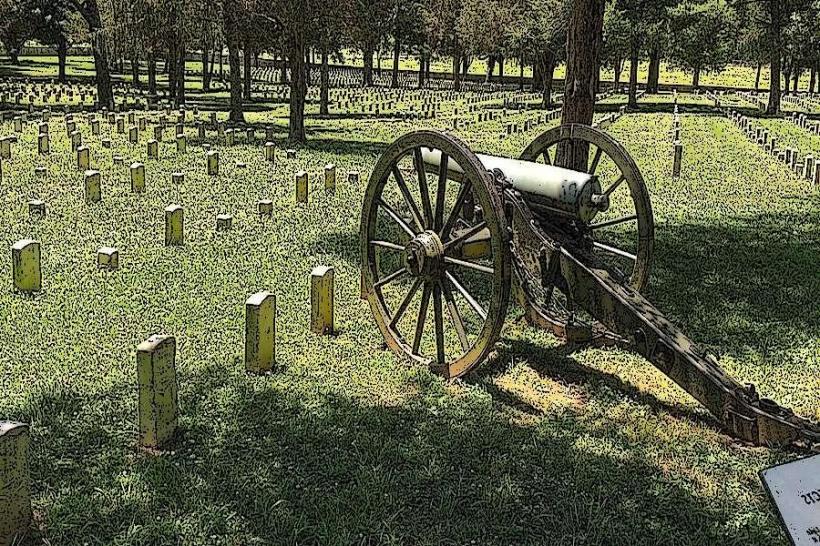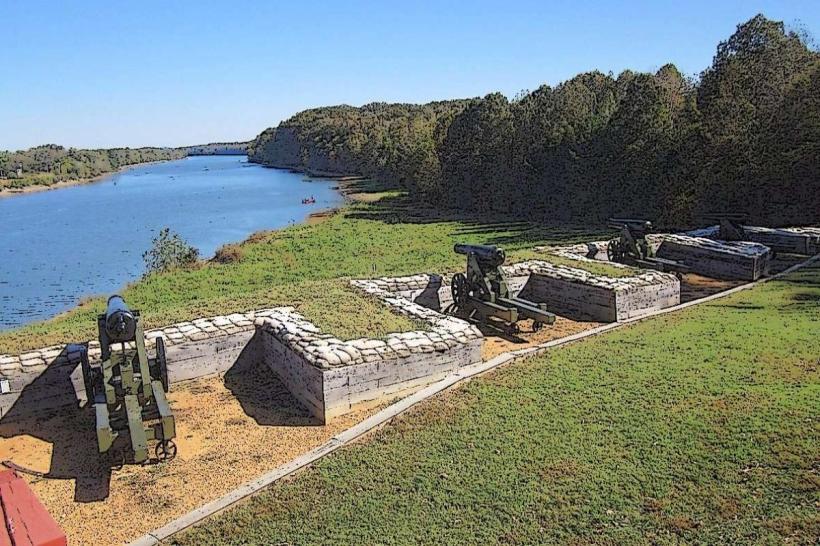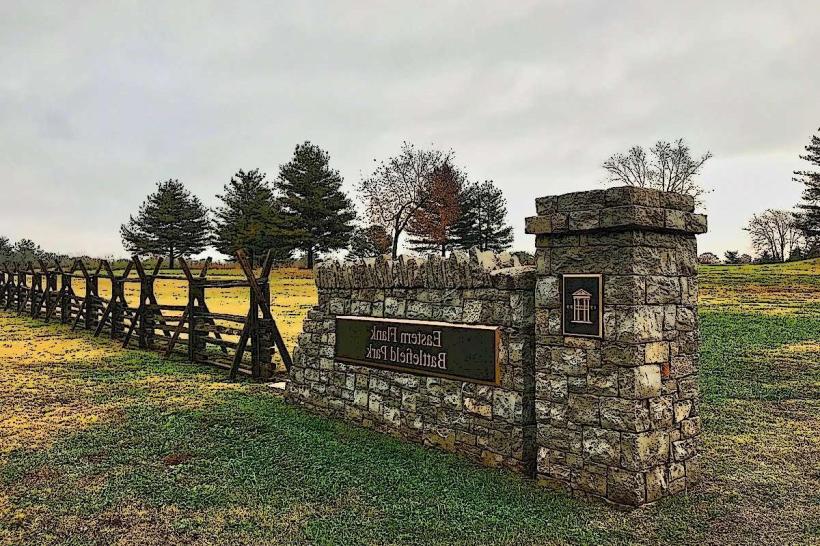Information
Landmark: Tennessee War MemorialCity: Nashville
Country: USA Tennessee
Continent: North America
Tennessee War Memorial, Nashville, USA Tennessee, North America
The Tennessee War Memorial, located in downtown Nashville across from the Tennessee State Capitol, is one of the state’s most dignified and historically rich monuments dedicated to military service. It functions both as a commemorative site and a public civic space, combining classical architecture, symbolic sculpture, and solemn inscriptions to honor Tennessee veterans who served and died in war.
Historical Context and Purpose
Constructed: 1923–1925
Dedicated: Armistice Day, November 11, 1925
Purpose: Built to honor the memory of Tennesseans who died in World War I. Later, it was rededicated to include veterans from World War II, Korea, Vietnam, Desert Storm, and subsequent conflicts.
It was one of the earliest major war memorials of its kind in the U.S. and reflected a national movement during the 1920s to memorialize World War I soldiers through grand public architecture rather than battlefield cemeteries alone.
Architectural Overview
Architect: Edward Emmett Dougherty (of Dougherty & Gardner, Nashville)
Style: Classical Revival / Beaux-Arts
The structure includes an open-air courtyard, a grand auditorium, and a memorial building with inscriptions and historical artifacts.
The building’s style draws from Roman temple architecture, meant to evoke civic pride, democratic ideals, and solemnity. The use of local Tennessee marble and limestone roots the memorial in the state’s natural and cultural heritage.
Memorial Courtyard
The central feature is an open-air courtyard, flanked by marble colonnades, forming a sacred civic plaza. Its most defining elements include:
Gold Star Tablets: Bronze tablets mounted along the colonnade bear the names of over 3,400 Tennesseans who died in World War I.
Black granite panels have since been added to recognize those lost in subsequent wars, keeping the site relevant as a living memorial.
Inscriptions around the site include solemn phrases such as:
“In Memory of the Sons and Daughters of Tennessee Who Gave Their Lives in the World War That Liberty and Justice Might Prevail”
The symmetry and grandeur of the courtyard are meant to inspire reflection and national pride, encouraging visitors to pause in honor of sacrifice.
Victory Statue
A striking bronze statue stands as the focal point of the courtyard:
Sculptor: Belle Kinney Scholz, a prominent Tennessee artist known for war memorials.
Statue Title: “Victory” (also known as “Goddess of Victory” or “Winged Victory”)
Description:
A classical female figure with outstretched arms and flowing robes, representing Victory as both triumphant and mournful.
She stands atop a granite pedestal flanked by two recumbent lions symbolizing vigilance and strength.
Her pose evokes imagery of sacrifice, protection, and eternal remembrance.
The statue’s dignified style reflects both the classical ideal of heroic struggle and the modern mourning for mass wartime death.
War Memorial Auditorium
Integrated into the memorial complex is the War Memorial Auditorium, a grand civic hall with a significant history:
Capacity: Approximately 1,800 seats
Purpose: Originally built for civic ceremonies and military commemorations; later became a popular venue for concerts, lectures, and public events.
Historical Significance: Before the Grand Ole Opry moved to the Ryman, it briefly used this auditorium in the 1930s and 40s.
Today it remains a vibrant part of Nashville's music and arts scene while continuing to serve as a ceremonial venue.
Interior Memorial Hall
Inside the memorial building is a somber, marble-clad Memorial Hall, which contains:
Bronze plaques and sculptural reliefs commemorating fallen soldiers from later wars.
Emblems of the U.S. military services.
An eternal flame symbolizing remembrance and vigilance.
This hall is a place of quiet reflection, used during Veterans Day and Memorial Day ceremonies.
Location and Urban Integration
The memorial is located on Legislative Plaza, directly across from the Tennessee State Capitol, symbolically linking the ideals of governance and sacrifice.
Nearby are the Tennessee State Library and Archives, Tennessee State Museum, and Capitol Hill, creating a corridor of civic and historical engagement.
The open design invites daily pedestrian traffic, creating a space where memory and public life intersect.
Ceremonial and Civic Role
The Tennessee War Memorial continues to be used for:
Military ceremonies and wreath-laying events.
Veterans’ commemorations, such as Memorial Day and Veterans Day.
Educational tours for students and civic groups.
Public performances in the auditorium.
Occasional public protests and civic gatherings, reflecting the space's broader role as a forum of free expression.
Symbolism and Cultural Importance
The memorial is both a tribute to sacrifice and a testament to civic architecture. Its layered symbolism speaks to:
Victory and loss in war
Sacrifice of individual citizens
Duty of democratic governance to remember and honor service
Continuity of civic memory across generations
The decision to blend art, architecture, and remembrance within an urban civic space makes the Tennessee War Memorial one of the most moving and enduring war memorials in the South.
In essence, the Tennessee War Memorial stands not just as a tribute to fallen soldiers, but as a living monument-a place where memory, art, and public life continue to intersect, ensuring that the cost of freedom remains both visible and honored.



